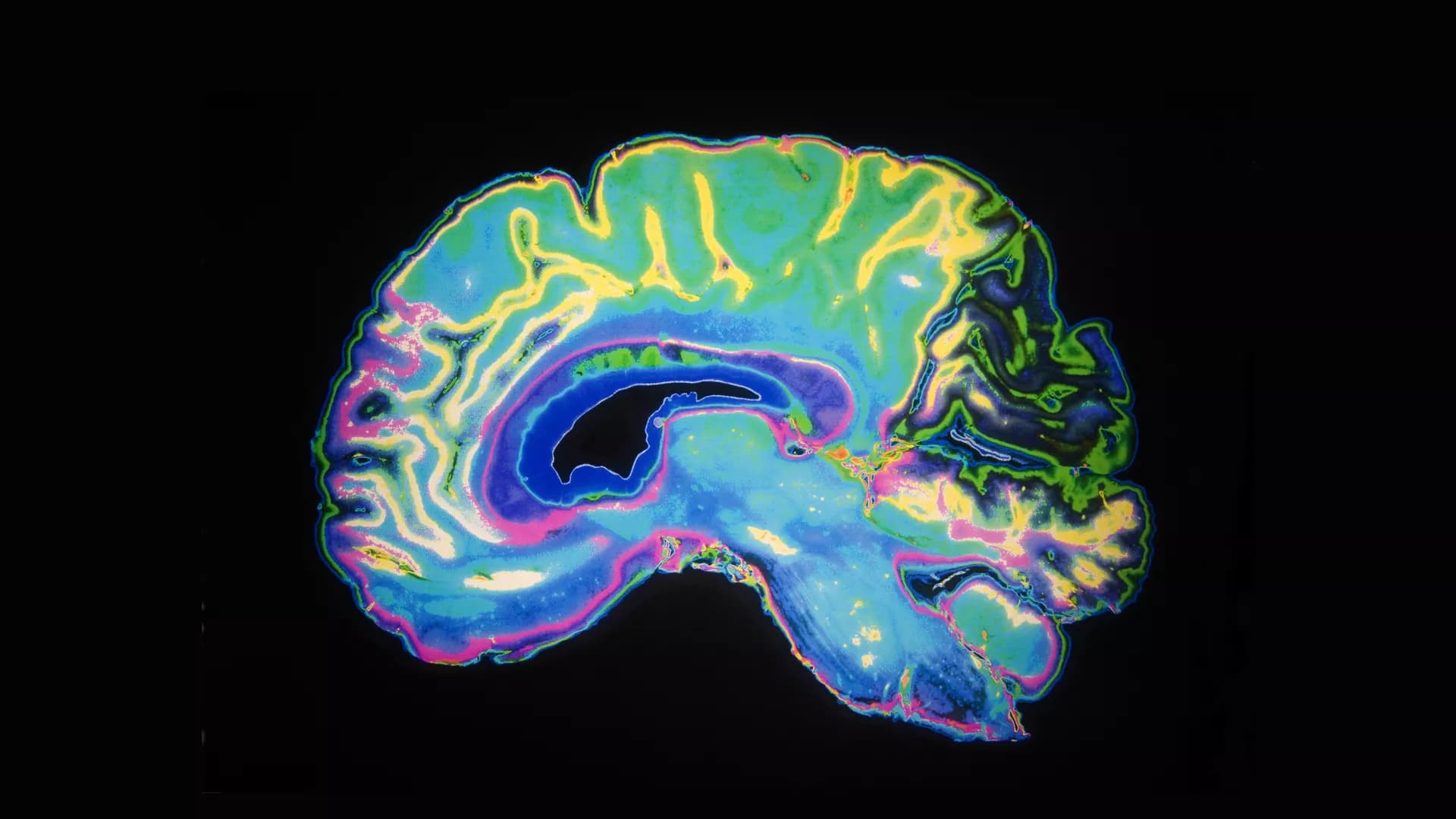Fifty percent of lifetime mental health disorders start by the age of 14, and the number increases to 75% by the age of 24. Mental disorders in youth are associated with direct and indirect costs including personal distress, costs to family and friends, high healthcare costs, barriers to employment and job performance, poverty, economic deprivation, and social exclusion. However, only a minority of young people suffering from mental health problems seek help and receive adequate treatment. Further, the average patient treatment adherence rate is below 50%. Young people with chronic conditions are especially at risk of developing multi-morbidities, which include psychiatric conditions and dysfunctional beliefs overlapping with the illness. Over the course of the disease, more significant parts of their lives are perceived as being dominated by the disease, diminishing young people' sense of agency and control. To minimize these effects, continuous contact and interactions with healthcare professionals would be necessary. Further, training efforts undertaken by professionals must be focused. This is not feasible in current healthcare systems due to limited financial and personnel resources. The SARS-CoV-2 pandemic has further aggravated these problems, and patient-centered care has become even more challenging. Alternative approaches to maintaining contact with patients has become essential.
There is a need for coordinated and multidisciplinary efforts to improve knowledge of individualized psychological treatment for young people. While different psychotherapy modalities are effective for the most frequently occurring mental disorders in young people (e.g., anxiety and depression), little is known about how and for whom the different treatment modalities work. This requires studying both the mechanisms of change (mediators) and the specific patient, therapist, and intervention variables (moderators).
The Research Topic is therefore aimed at reviewing and identifying the state of the art in individualized psychotherapy treatment for young people with mental disorders. Further, we aim to identify putative markers and mechanisms of change in different psychotherapy modalities, as well as suitable psychotherapy processes, treatment measures, and study designs. Overall, we invite researchers to offer a basis for personalized psychotherapy that provides holding, reflecting, and containment of painful affects over the long term. Further, it is our hope that this basis would enhance unconscious learning and lead to enduring change. Conceptual analyses, Systematic Reviews, Case Reports and cohort studies are welcome. Additional themes of interest include (but are not limited to):
• Building up the essential parameters or technical devices that should be considered before starting a process of care;
• Projects with patient/public involvement (PPI);
• Projects utilizing deep learning approaches;
• The effects and applications of strategies and approaches with a fusion of psychotherapeutic and neuroscientific concepts;
• Technology to improve adherence to transformation processes;
• Suitable psychotherapy process and treatment measures;
• Study designs as a tool for better individualization.
Fifty percent of lifetime mental health disorders start by the age of 14, and the number increases to 75% by the age of 24. Mental disorders in youth are associated with direct and indirect costs including personal distress, costs to family and friends, high healthcare costs, barriers to employment and job performance, poverty, economic deprivation, and social exclusion. However, only a minority of young people suffering from mental health problems seek help and receive adequate treatment. Further, the average patient treatment adherence rate is below 50%. Young people with chronic conditions are especially at risk of developing multi-morbidities, which include psychiatric conditions and dysfunctional beliefs overlapping with the illness. Over the course of the disease, more significant parts of their lives are perceived as being dominated by the disease, diminishing young people' sense of agency and control. To minimize these effects, continuous contact and interactions with healthcare professionals would be necessary. Further, training efforts undertaken by professionals must be focused. This is not feasible in current healthcare systems due to limited financial and personnel resources. The SARS-CoV-2 pandemic has further aggravated these problems, and patient-centered care has become even more challenging. Alternative approaches to maintaining contact with patients has become essential.
There is a need for coordinated and multidisciplinary efforts to improve knowledge of individualized psychological treatment for young people. While different psychotherapy modalities are effective for the most frequently occurring mental disorders in young people (e.g., anxiety and depression), little is known about how and for whom the different treatment modalities work. This requires studying both the mechanisms of change (mediators) and the specific patient, therapist, and intervention variables (moderators).
The Research Topic is therefore aimed at reviewing and identifying the state of the art in individualized psychotherapy treatment for young people with mental disorders. Further, we aim to identify putative markers and mechanisms of change in different psychotherapy modalities, as well as suitable psychotherapy processes, treatment measures, and study designs. Overall, we invite researchers to offer a basis for personalized psychotherapy that provides holding, reflecting, and containment of painful affects over the long term. Further, it is our hope that this basis would enhance unconscious learning and lead to enduring change. Conceptual analyses, Systematic Reviews, Case Reports and cohort studies are welcome. Additional themes of interest include (but are not limited to):
• Building up the essential parameters or technical devices that should be considered before starting a process of care;
• Projects with patient/public involvement (PPI);
• Projects utilizing deep learning approaches;
• The effects and applications of strategies and approaches with a fusion of psychotherapeutic and neuroscientific concepts;
• Technology to improve adherence to transformation processes;
• Suitable psychotherapy process and treatment measures;
• Study designs as a tool for better individualization.








